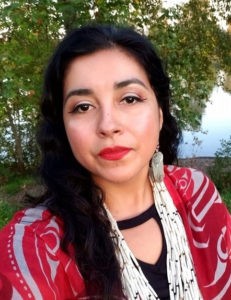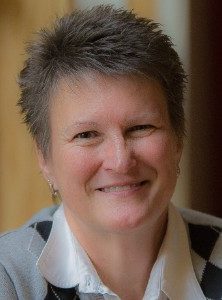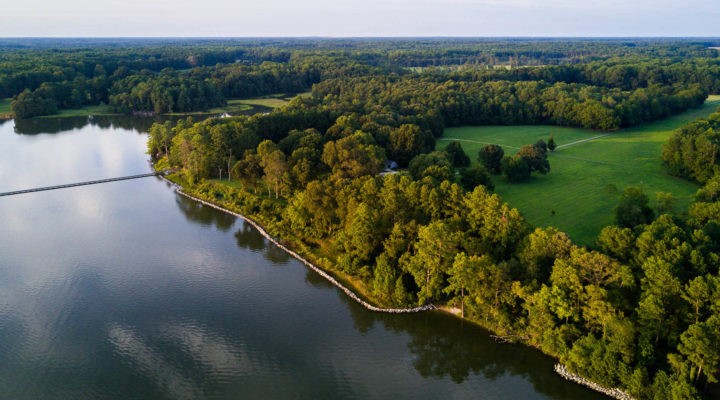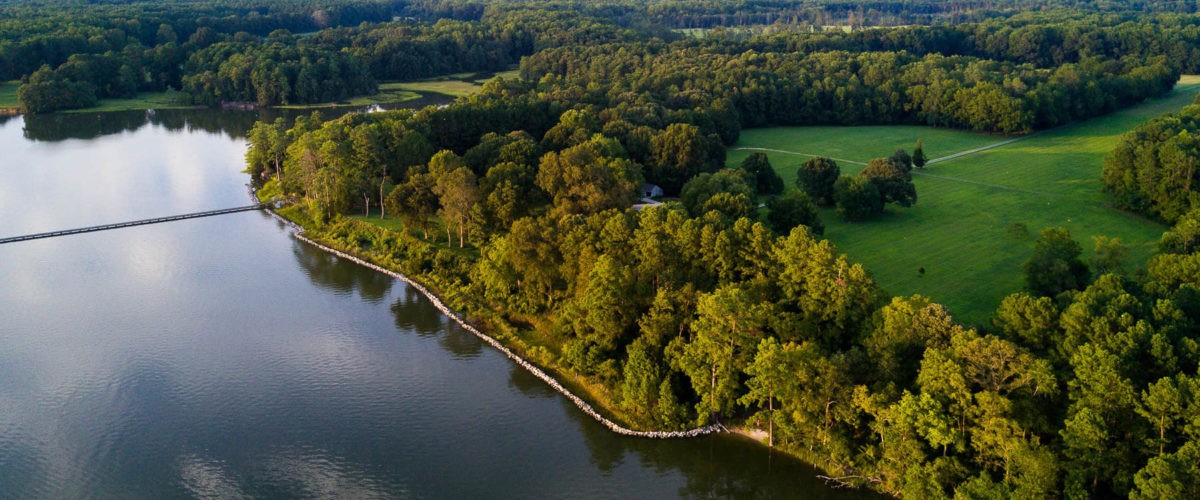Baptists in the United States have had a complicated relationship with Indigenous people since Roger Williams fled Salem, Mass., and found shelter with the Wampanoags. In his pre-Baptist days in the Massachusetts Bay Colony, Williams had gotten himself in trouble, for among other things, arguing for legitimate purchase of lands from Indigenous peoples. He also argued against forced conversion and for the right of Indigenous people to worship as they chose.
When he moved outside the reach of the Massachusetts Bay colony to found Providence, he was welcomed by the Narragansett. He studied their language and wrote the first book about it. He also convinced the Narragansett not to join the Pequot in their war against the English, likely saving the colony.
The first known Indigenous Baptist convert was a man name Japheth, who was baptized into a Seventh Day Baptist church in 1674. Still, very few Indigenous people became Baptist. A few joined white churches; some formed their own churches.
Evangelism as goal

Luhui Whitebear
In the early 19th century, Baptists began to send missionaries to live among Indigenous people to convert them and to establish local churches. Baptists also cooperated with the Indian schools formed by the government to assimilate Indigenous children forcibly into white society. Often Baptist preachers supervised farms that were associated with the schools.
Baptists were divided over the 1838 removal of Cherokee and other Indigenous people from their homeland. The American Board of Commissioners for Foreign Missions, with whom many Baptists were friendly, opposed removal, and two of its missionaries went to jail for defending Indigenous people’s rights to their land. The American Baptist Board of Foreign Missions voiced its opposition to removal. One influential Baptist minister lobbied for land in the West for Indigenous people, to isolate them from the corruption of alcohol and other vices so they could be “civilized.” Eventually even the ABCFM advised the Cherokee to accept the inevitable to prevent further bloodshed.
In 1855, the American Indian Mission Association merged with the Southern Baptist Convention’s Domestic Mission Board, and since, it seems, Baptists’ primary relationship with Indigenous people has been as a target for evangelism.
The settler myth
Thanksgiving seems an appropriate time to reflect on the dominant Christian culture’s relationships with Indigenous people given the centrality of Indigenous people in the traditional Thanksgiving story, even though it is based on a settler myth. That story joins practices of stolen land, wars, boarding schools, removal and Christianizing as strategies for colonizing Indigenous people.

Susan Shaw
These actions are not mere sad tales of the past but rather ongoing legacies that impact Indigenous people in the present. The lasting effects of colonization are lived realities that limit access to sacred sites, ceremonial practices and languages. Additionally, high rates of suicide among Indigenous people, health disparities, poverty and the ongoing crisis of murdered and missing Indigenous women are all results of colonial practices.
The traditional Thanksgiving celebration in most American homes has served as a colonizing practice by telling a story that’s not true and that obscures the violence and cultural devastation that made possible the settlement of the United States. In actuality, it is a holiday that celebrates land theft and genocide. Retelling a false history of the holiday further erases current day issues faced by Indigenous peoples. It also situates Indigenous people in a past tense, furthering the myth of a disappearing people.
The real Thanksgiving story is that the Mayflower did not mark the beginning of Indigenous peoples’ interactions with Europeans. The Wampanoags, in particular, had narrowly survived disease, raids and attacks by Europeans by the time the Pilgrims arrived. Additionally, the feast that was called Thanksgiving was not connected to interactions with the Wampanoags. About 16 years after the Pilgrims arrived in Plymouth, colony governor William B. Newell declared Thanksgiving Day to celebrate the massacre of the Pequot people that happened a day prior to the first celebration. Newell proclaimed that Thanksgiving was “in honor of the bloody victory, thanking God that the battle had been won.” This is hardly the version of the story most of us hear today.
Newell proclaimed that Thanksgiving was “in honor of the bloody victory, thanking God that the battle had been won.”
What we don’t want to hear
In 1970, Frank James, a member of the Wampanoag Tribe of Gay Head (Aquinnah,) was invited to give a speech to mark the 350th anniversary of the Pilgrim’s landing. When the anniversary planners found his speech to be too inflammatory, they asked him to read a prepared statement. He refused and instead gave his speech at Cole’s Hill, overlooking Plymouth Harbor.
The United American Indians of New England then began to organize an annual National Day of Mourning on the same spot to coincide with Thanksgiving. A plaque on the site explains that the commemoration honors the ancestors and struggles for survival of Indigenous people and is a protest of ongoing racism and oppression.
Decolonizing Thanksgiving
People of faith have a responsibility to join in support of Indigenous struggles. One simple way to begin is by decolonizing your own celebration of Thanksgiving. In this sense, decolonizing means to understand the truth of the Thanksgiving myth and learn about current day impacts on the Indigenous peoples who interacted with the Pilgrims and other early European colonizers.
It means to understand whose land you are on and support Indigenous peoples’ rights to those lands. In our program at Oregon State University, we often begin classes with a land acknowledgement: Oregon State University in Corvallis, Ore., is located in the traditional territory of the Mary’s River or Ampinafu band of the Kalapuya. Following the Willamette Valley Treaty of 1855, Kalapuya people were forcibly removed to reservations in Western Oregon. Today, living descendants of these people are now members of the Confederated Tribes of the Grand Ronde Community of Oregon and the Confederated Tribes of Siletz Indians.
“Decolonizing Thanksgiving is about more than what is served for dinner or changing why it is celebrated.”
It means helping restore traditional connections to lands, waters, sacred sites and traditional foods for Indigenous peoples.
Decolonizing Thanksgiving is about more than what is served for dinner or changing why it is celebrated. It is about coming to terms with the origins of Thanksgiving and honoring a future in which Indigenous peoples’ leadership is respected.
So what are some things you can do?
- Learn the real history of Thanksgiving and colonization. The Smithsonian Magazine and Parent Map have great resources for this.
- Read your children books about Thanksgiving by Indigenous authors, such as Catherine O’Neill Grace’s 1621: A New Look at Thanksgiving and Joseph Bruchac’s Squanto’s Journey: The Story of the First Thanksgiving. Teaching Tolerance has a great hands-on activity for children as well.
- Read your own books about Native history, politics and culture. Here’s a good place to start.
- Think about what you eat for Thanksgiving dinner. How did these foods come to you? What stories do they tell you about the path they’ve traveled to your plate? Whose hands have touched them, and what does that tell you about food access? Which are Indigenous-based foods and dishes?
- Identify ways to support contemporary Indigenous struggles such as learning about the #LandBack movement and current land struggles faced by the Mashpee Wampanoag people. You also may learn more about the Missing & Murdered Indigenous Women’s movement and find out what your local community is doing to address the crisis.
- Follow the work of Indigenous-led organizations such as Native American Rights Fund, Illuminatives,National Congress of American Indians, and the American Indian College Fund.
Most of us think of Thanksgiving as a time for family, friends and celebration, but we also should remember how our traditional celebration perpetuates harm to real Indigenous people, and we should challenge ourselves to imagine a new kind of celebration that speaks truth and commits to transformation. Being mindful of how and what we celebrate, we can begin to decolonize our Thanksgiving celebration.
If we are truly committed to transforming Thanksgiving, we must examine these histories, face them and not continue to hide the truth. That is the first step toward healing communities and imagining new futures together.
Luhui Whitebear serves as assistant director of the Native American Longhouse Eena Haws at Oregon State University. Susan M. Shaw serves as professor of women, gender and sexuality studies at Oregon State University.


